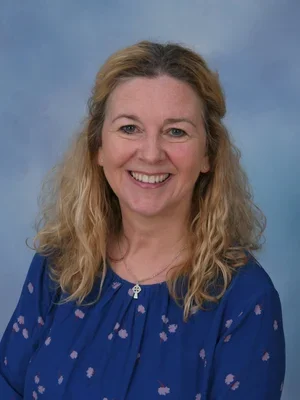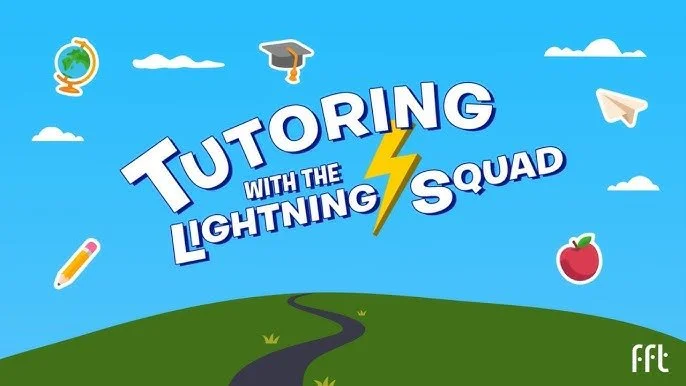
English

Subject leads
English at Bidston Village
-
Mrs. Gould-Jones & Miss. Neal - English Team (reading, writing, spelling and handwriting)
Mrs. Lynch - Phonics and Early Reading
Miss Swindells - Early Writing
At Bidston Village, we ensure that our English teaching and learning provides many purposeful opportunities for reading, writing and discussion. We use a wide variety of experiences, quality texts and resources to motivate and inspire our children
-
The National Curriculum (2014) forms the basis for all subject teaching ensuring continuity and progression in an age-related curriculum. In addition, teachers make sure the content is relevant and stimulating by delivering through themes and topics. Our English curriculum has been developed to recognise the importance of English in every aspect of daily life and to cultivate children’s love of reading, writing and discussion. We recognise the importance of nurturing a culture where children love to read, take pride in their writing and can clearly and accurately adapt their language and style for a range of contexts. As an Oracy North West school, we want to inspire children to be confident in the art of speaking and listening and to be able to use discussion to communicate and further their learning.
Our intent is to enable children to do the following:
• Read easily, fluently and with good understanding
• Develop a routine of reading widely and often, for both pleasure and information
• Write clearly, accurately and coherently, changing their language and style in and for a range of contexts, purposes and audiences
• Develop a love of writing and to be able to express their thoughts and ideas clearly and creatively through the written word.
• Re-read, edit and improve their own writing
• Confidently use the skills of grammar, punctuation and spelling
• Acquire a wide vocabulary, an understanding of grammar and knowledge of linguistic conventions for reading, writing and spoken language
• Use discussion in order to learn; they should be able to elaborate and clearly explain their understanding and ideas
• Become competent in the art of speaking and listening, making formal presentations, demonstrating to others and participating in debate
-
We ensure that our English teaching and learning provides many purposeful opportunities for reading, writing and discussion. We use a wide variety of experiences, quality texts and resources to motivate and inspire our children. All pupils receive a daily English lesson. Teachers also ensure that where applicable, cross curricular links with concurrent topic work are woven into the programme of study.
• Teachers create a positive reading and writing culture in school, where both are promoted, enjoyed and considered ‘a pleasure’ for all pupils
• Promotion of reading through teachers reading out loud regularly to their class
• Pupils in EYFS and KS1 to have daily phonics sessions, following Read, Write Inc
• Years 3-6, use the Pathways To Spell spelling programme.
• Whole class and guided reading sessions (from year 1 onwards) using Pathways to Read
• The Pathways to Read approach develops vocabulary by explicitly identifying and investigating Tier 2 and Tier 3 words within high-quality texts, using a four-part lesson structure (Predict, Clarify vocabulary, Read and Retrieve, Read and Explain) to provide repeated exposure to new words in a meaningful context
• Pupils acquire strategies to enable them to become independent learners in English (spelling rules and patterns and how to tackle unfamiliar words when reading)
• Pupils to discuss and to present their ideas to each other by talking, being able to elaborate and explain themselves clearly, make presentations and participate in debates
• Vocabulary promoted through displays in class, enhancing and encouraging a wider use of vocabulary
• Pathways to Write is designed to equip pupils with key skills to move them through the writing process towards their final outcome. It is built around units of work that follow a mastery approach to the teaching of writing.
-
The impact and measure of this is to ensure children not only acquire the appropriate age-related knowledge linked to the English curriculum, but also skills which equip them in all subject areas whilst fostering strong communication skills in speaking, listening, reading and writing, enabling children to express themselves creatively.
Long term, pupils will be able to do the following:
• Be confident in speaking and listening and to be able to use discussion to communicate and further their learning
• Be able to read fluently both for pleasure and to further their learning
• Enjoy writing across a range of genres
• Have a wide vocabulary and be adventurous with vocabulary choices within their writing
• Have a good knowledge of how to adapt their writing based on the context and audience
• Leave primary school being able to effectively apply spelling rules and patterns they have been taught
• Make good and better progress from their starting points to achieve their full potential
• Pupils of all abilities will succeed in English lessons because work will be appropriately scaffolded.
-
Pathways to read
"The book is really good because it is teaching us how to look after our planet," pupil in Year 3
"It tells us not to use plastic and to use alternatives. I like that I have more knowledge and that it's non-fiction." pupil in Year 3
"When we read it, we can help the sea and it helps us be a good Eco rep." pupil in Year 3
"I like it because Miss helps us read it." pupil in year 3
"I love the book and can't stop peeking to try and read more!" Pupil in Year 6
"I like the pictures and working together." pupil in Year 2
"The lessons are super good!" pupil in Year 2
"There are fun activities to do about the book. I enjoy learning about history and WWII." pupil in year 6
"I like learning about all the different people and how adventurous they are." pupil in Year 5
"It's good, I like that the people in the book are real." pupil in Year 4







